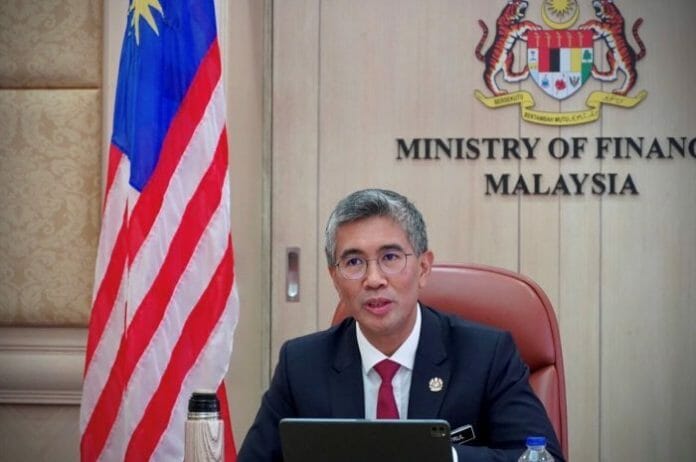While is commendable the way PN Government operated after announcing the latest full lockdown with aid packages, there are questions being raised on how the country is financing all these funding. The Institute for Democracy and Economic Affairs (IDEAS) called for greater transparency as well as its procurement process.
The group is particularly interested to know how the package’s RM 5 billion direct fiscal injection will be financed, as well as in relation to the procurement process under the package. Understandably, the recently implemented Full Movement Control Order (FMCO), is necessary in light of the recent spike in COVID-19 cases and the strain it has caused to Malaysia’s healthcare system but this must be accompanied by a holistic and long-term economic strategy in order to limit the adverse impact of the new lockdown on the country’s B40 group as well as to maintain the long-term fiscal health of the country.
As noted by IDEAS CEO, Tricia Yeoh, “Given the severity of the COVID-19 situation the swift response by the government in helping cushion the economic fallout of the newly implemented lockdown. It should be recalled that during MCO 1.0 in early 2020, daily economic losses had reached a total of RM2.4 billion”.
However, there is calls for greater transparency in terms of how the aid package’s RM 5 billion direct fiscal injection will be financed, including whether it will be part of the COVID-19 Fund. While the government has indicated that the extension of the Bantuan Prihatin Rakyat (which will be released in June) will be financed through the COVID-19 Fund, it is unclear where money for the other areas of the package will come from.
If its not coming from the fund, then it is incumbent on the government to explain what the implications of this injection will be on Malaysia’s debt limit. As of March 2021, the debt limit has reached 58.5% of GDP.
Without parliamentary scrutiny, there is wonderment if the initiatives under the PEMERKASA+ package which are not necessarily new or innovative, but simply continuations of previous government initiatives would have been implement in the form there are now.
Questions are about on the procurement processes for all stimulus packages, particularly pertinent in light of the RM 70 million that was allocated by the government towards the National COVID-19 Immunisation Programme (NIP), which included the online AstraZeneca vaccination appointment system, and the subsequent technical difficulties encountered by the system during the second opt-in. With the public beginning to question how their tax money is being spent in relation to tackling the pandemic, it is crucial for the government to ensure transparency in the procurement process to help rebuild the trust of the public.
-IDEAS









